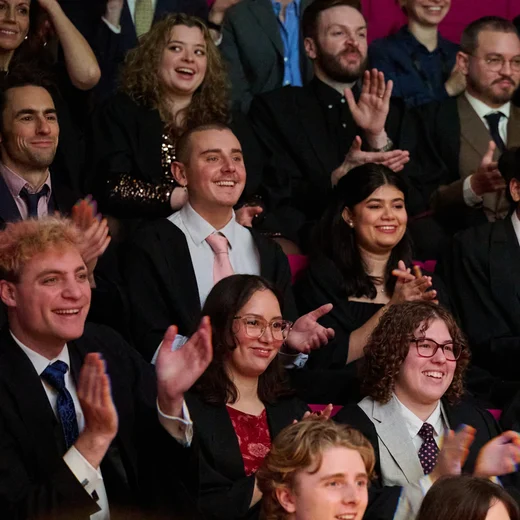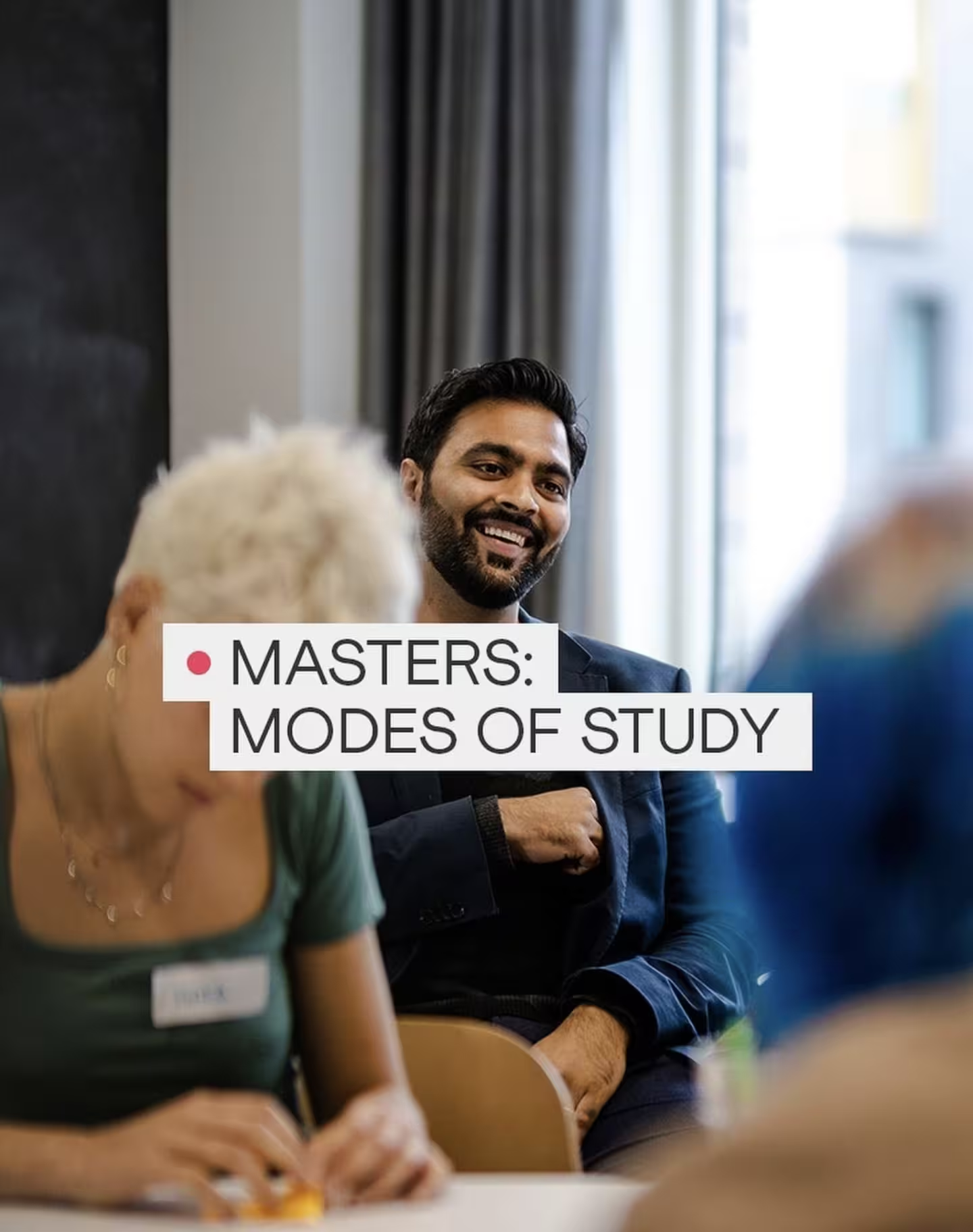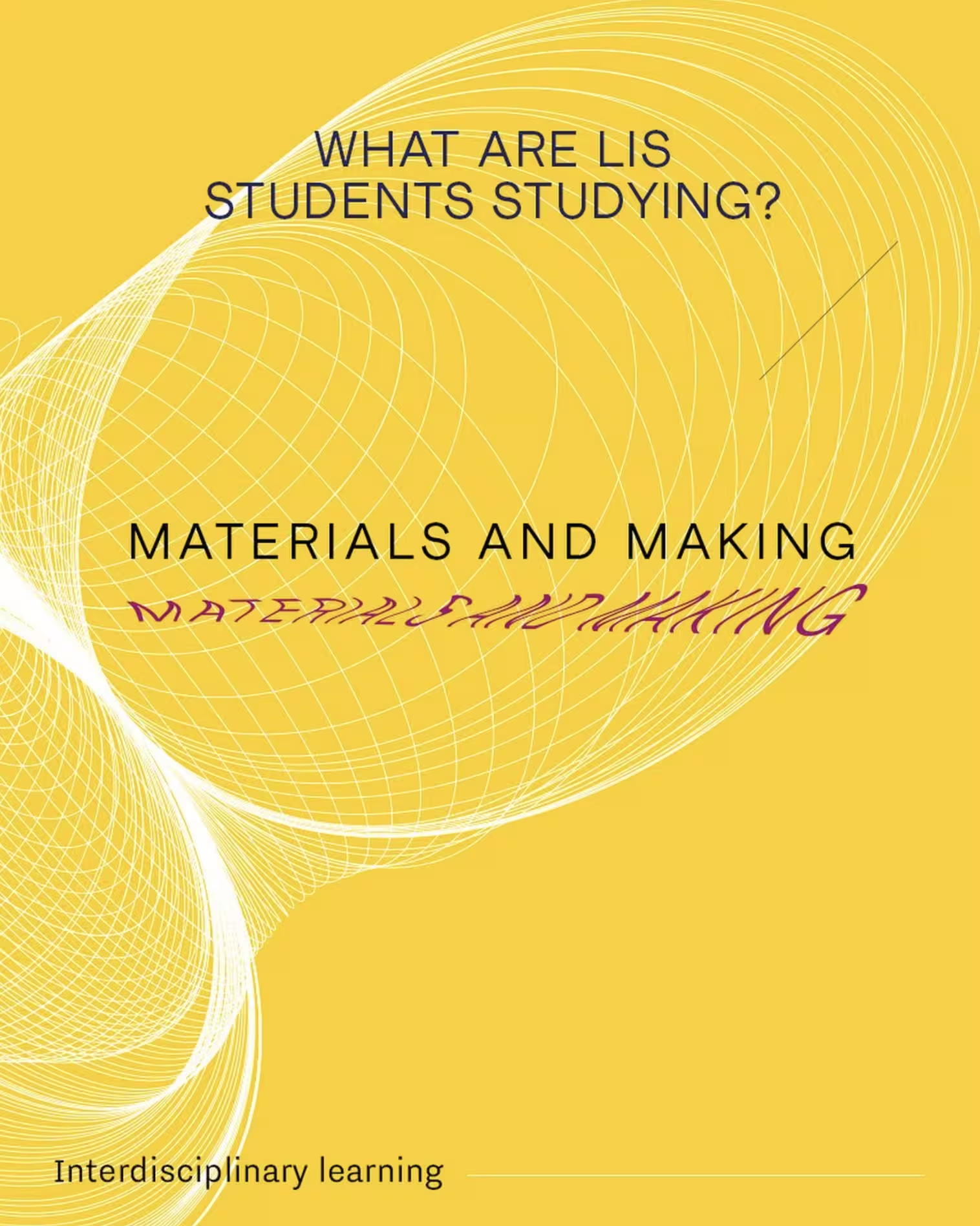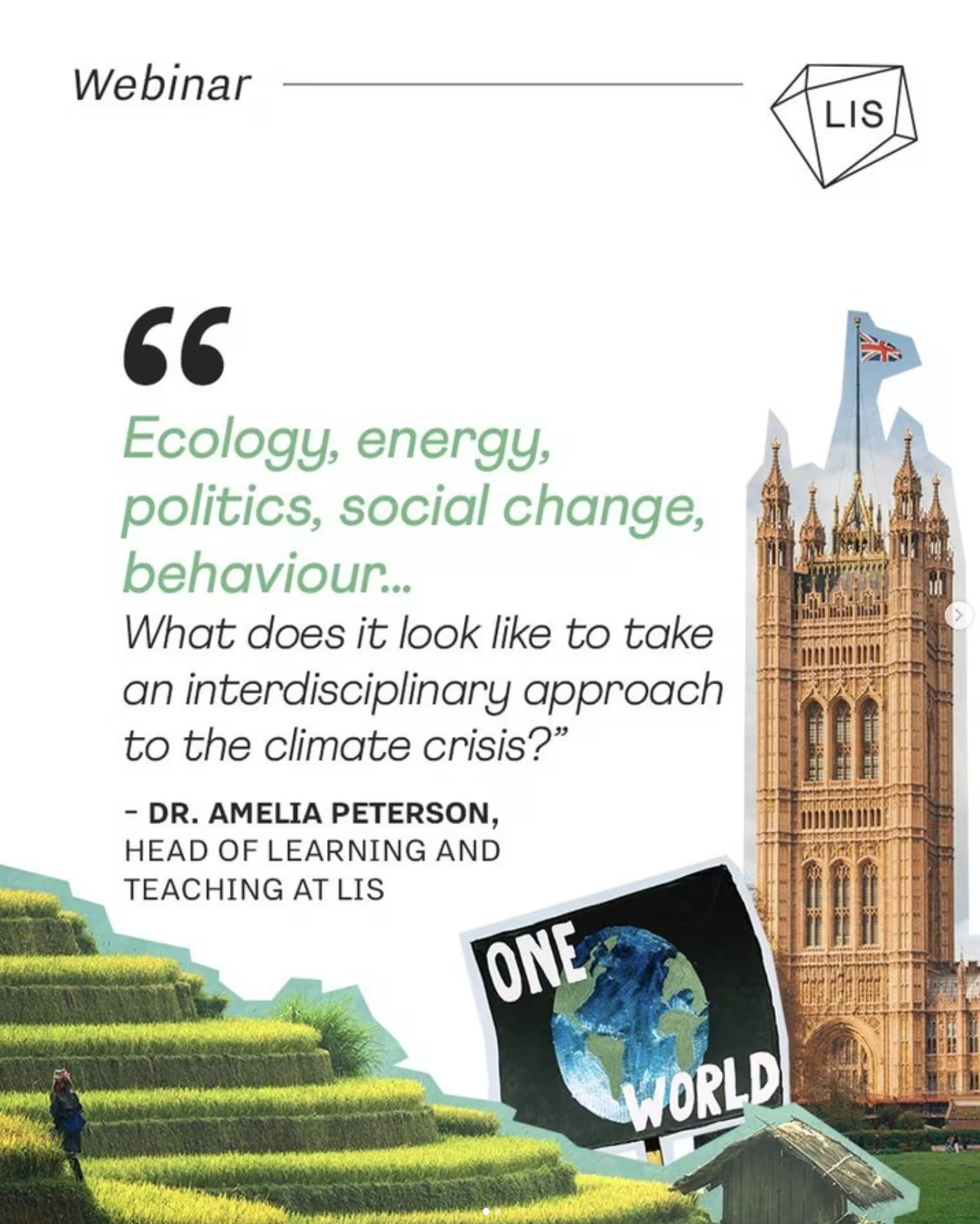All roads lead to LIS

My journey from school to LIS was not linear by any means. I zig-zagged between mentally preparing myself for courses in fine art, sociology, urban design, interior design, photography, graphic design, psychology. To name a few.
Growing up, there is immense pressure to ‘narrow down’ our scope of interest – choosing 3-4 GCSES, 3 A Levels, one degree, and then one career. After GCSE’s I decided to study a UAL (University of the Arts London) Level 3 in Art and Design rather than the traditional route of A Levels. While that sounds like I narrowed down, it gave me the space to explore different disciplines within art and design. I used a variety of knowledge to inform self-directed art projects from politics, history, sociology. I loved the freedom and the idea that this could help provide the foundations for a future career without a singular route.
In college I felt as if there was pressure to choose just one degree. I wanted my degree (whatever that was going to be) to feel like a positive investment in my life, rather than going through the motions and choosing whatever degree came my way.
Plot twist – in 2018 I had a house fire (the week I had interviews for degrees). The stress of moving homes and my decline in health meant I no longer wanted to go to university in September. With most degrees I had looked at, there was little connection between the degree and future. The last thing I wanted was more uncertainty. I decided to work for the foreseeable future and take a break from education while I reoriented myself by taking time to choose the right degree.
After taking a year out of education, I dipped my toes into doing a photography foundation year close to home, 4 months before the pandemic…
Shortly after, I decided for my own health to take a break from education by taking intermission and re-joining later in the year. Not to mention, changing my route (once again) to graphic design. I felt like there was something wrong with me wanting to study most of my interests all at once and being so undecided.
In 2020, my journey led me to my first encounter with LIS. An Instagram advert for LIS somehow targeted me. Some would call it spooky; others would call it good marketing. The thing that struck me about the advert the most was the idea of working on ‘real-world problems’. I remember being sat in my living room during lockdown when I saw this advert, watching a daily briefing about the pandemic on TV, news headlines about the death of George Floyd, and the news of forest fires because of global warming. It felt clearer than ever to me at the time that cracks in society had come to a boiling point.
Before starting LIS, I volunteered in lockdown at my local Oxfam retail shop. During this time, I created a photography project to promote Second Hand September at the shop and promote sustainable fashion. Shortly after, I entered the LIS competition to redesign my local high street. In November 2020, I won the competition. These experiences made me feel compelled to study ‘real-world problems’ such as fast fashion or sustainable cities. Next thing you know I had applied for the degree in Interdisciplinary Problems & Methods.
The best thing about this part of the journey is that LIS interviewed everyone that applied with an emphasis on prospective students being whole people rather than just a number. Having gone through the painstaking process of UCAS twice, it was refreshing to go through an alternative process that didn’t feel so un-human. The interview process for LIS was very holistic. I felt like everything I have mentioned was taken into context. Regardless of my non-linear route jumping between education and work and having not taken A-Levels, I finally felt I was in the right direction.
In February 2021, almost 3 years since first applying for degrees while in college, I received the news that I had been accepted onto the course. Fast-forward to September 2021, having finished my foundation in graphic design and nannying job, the next step in my journey was starting at LIS. I felt that my own route was not meaningless and that all the experiences finally made sense rather than working against me.
LIS being a new degree, a new university, and being part of the first cohort was exciting. Being part of something new means you go in blind. However, promises were kept that were made at the beginning. By the end of year 1, I had worked with two professional clients as part of our module, applied my newfound understanding of sustainability in a retail job in sustainable fashion outside of university, and received an LIS brokered internship at Innocent Drinks in sustainability. Alongside this, a greater understanding of how to work between academic disciplines and a well-rounded perspective of the world.
If you can take away anything from reading this, it would be that a direct path is complex because people are complex – prospective students should be motivated by the nuances in their individual experiences rather than attempt to fit into a box that is not meant for them. There is no single route meant for everyone to go to higher education and I am living proof of that.
Share this story
Sign up for our newsletter
Don't miss out on important updates including course information, new announcements, Open Day dates and the latest LIS news.














































.svg)

.svg)





This is a comment related to the post above. It was submitted in a form, formatted by Make, and then approved by an admin. After getting approved, it was sent to Webflow and stored in a rich text field.